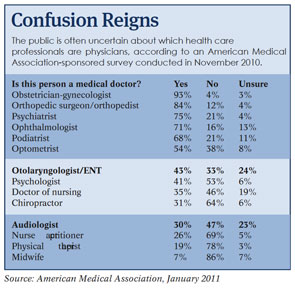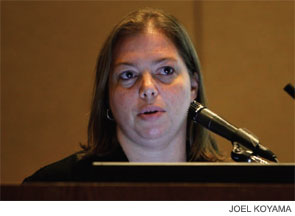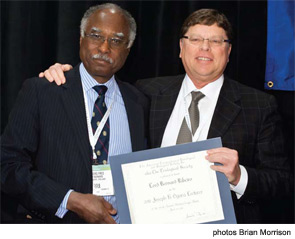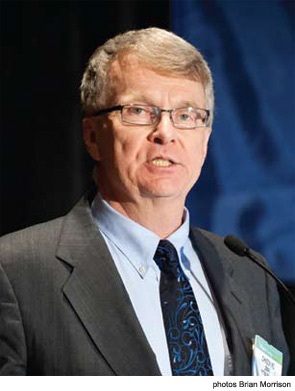More often than not, members of the public are confused about which health care providers are physicians and which are not. That uncertainty is expected to increase as the trend toward non-physician providers earning doctorate degrees continues and as demand for services grows with the millions of people gaining insurance under the 2010 health reform law.




